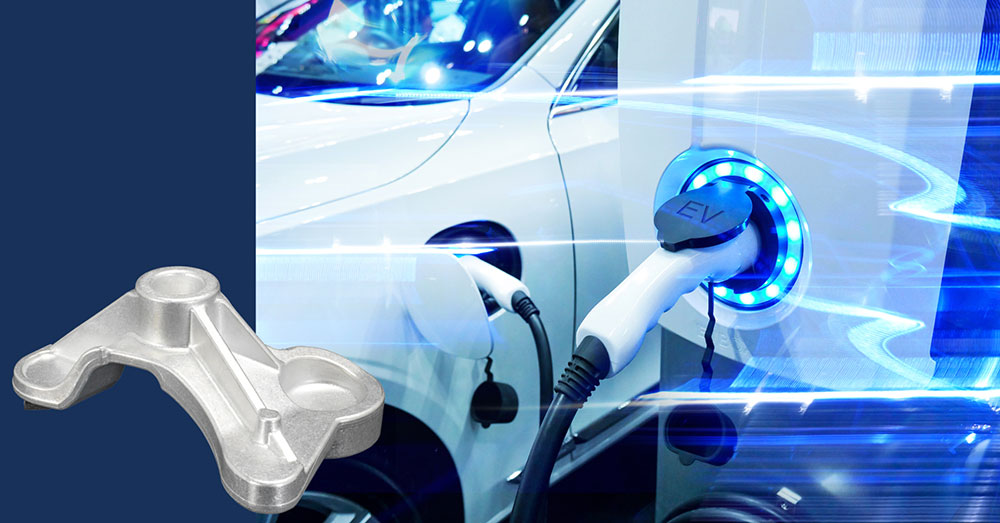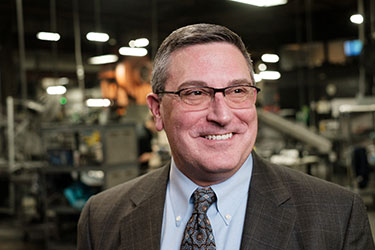How companies can adapt to fulfill the forging requirements of modern electric vehicles.
By Tom Lefaivre, President & CEO, Anchor Harvey
It has been said that new Electric Vehicle (EV) technology is poised to upend the automobile manufacturing industry and completely change the forging industry in many ways. But are such claims true? If so, what effect will the switch to EVs have on the traditional forging industry? This article explores the possible impacts of EVs on the forging industry.

Internal combustion engines are fundamentally different from motors in electric vehicles. But why are there fewer forgings in an EV motor than in a traditional engine?
The United States is pushing toward electric vehicles, and this push will, over time, impact the forged parts industry. Here are a few possible effects on the forging industry that may happen over the coming decades:
The most important thing to bear in mind about these possible effects on the forging industry is that they remain uncertain. While some of these effects will manifest in the coming years, how many and to what extent remain unknown.
Forging shops will have to adapt, and there will be a need for market awareness and self-awareness among forging shops nationwide. Each forging shop will have to answer some questions for themselves.
How Will the Auto Industry Change in the Future?
The truth is that no one can truly predict how the automotive industry will look in the far future. However, it is unlikely that some of the most extreme predictions about the effects on the forging industry will come to pass. Electric vehicles are sure to become a larger portion of the total automotive market, but it is by no means guaranteed that the traditional auto industry will disappear completely.
Does My Company Fit into the Changing Automotive Industry?
Yes. Any company can adapt to the changing landscape if they remain versatile. Forging shops, particularly if they rely on automotive forging for most of their current business, need to remain open to adapting to the road ahead. That could mean diversifying production into other industries, focusing on capturing work in EV forging supply chains, or perhaps some altogether different approach. To stay ahead of any industry changes, companies just need to keep making progress and continue to forge forward.

Tom Lefaivre is President and CEO of Anchor Harvey, a leading data-driven aluminum forging company. Anchor Harvey recently announced the launch of its Electric Vehicle Workgroup to create high-strength, lightweight forged aluminum components — such as steering knuckles, control arms, suspension components, structural nodes, and more — built for increased range in support of automotive manufacturers creating the next generation of transportation.
Scott Ellyson, CEO of East West Manufacturing, brings decades of global manufacturing and supply chain leadership to the conversation. In this episode, he shares practical insights on scaling operations, navigating complexity, and building resilient manufacturing networks in an increasingly connected world.